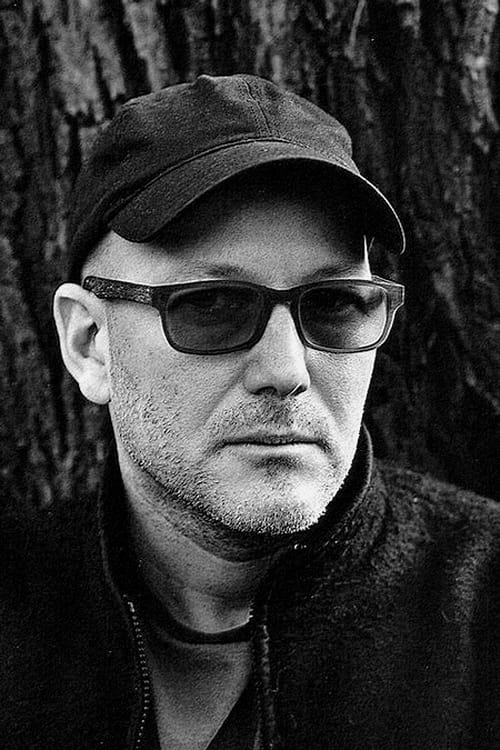Spark of Being (2010)
Gênero : Drama, Terror, Ficção científica
Runtime : 1H 8M
Director : Bill Morrison
Sinopse
Spark of Being, a close adaptation of Mary Shelley’s Gothic novel Frankenstein, explores the thematic interchangeability of three of the novel’s characters: the Captain, the Doctor, and the Creature. Spark of Being, which, as with all of Morrison's films, is dialogue-free, features Frank Hurley's original footage of Ernest Shackleton’s fated Antarctic expedition, along with a range of footage from other sources.
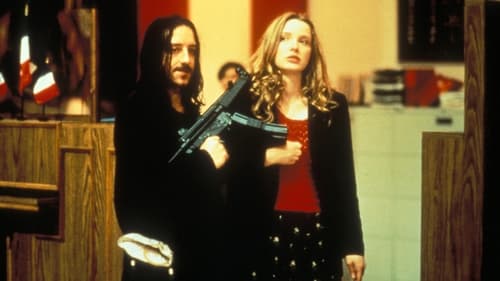
Zed, um arrombador de cofres, chega em Paris e planeja um novo golpe. Após dormir com Zoe, uma garota de programa, ele se encontra com um velho amigo e ambos iniciam os planos para roubar o único banco que estará aberto no feriado comemorativo ao dia da Queda da Bastilha.
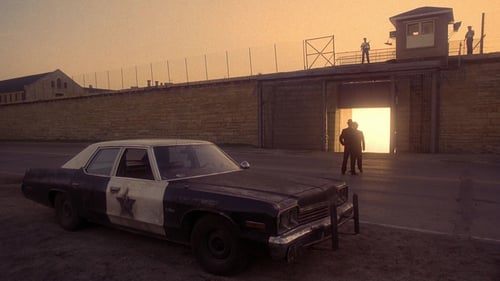
Após deixar a cadeia Jake reencontra seu irmão Elwood e juntos vão para o orfanato onde foram criados. Lá eles descobrem que o local será fechado se uma dívida de US$ 5 mil com a prefeitura não for paga. Como a freira que dirige o orfanato não aceita de forma alguma dinheiro ganho desonestamente, Jake e Elwood decidem por retomar a The Blues Brothers Band, na intenção de realizar um grande show e arrecadar a quantia necessária para pagar a dívida.
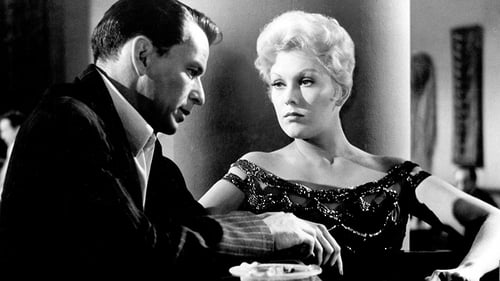
Um jogador que sonha em se tornar baterista de uma banda de jazz sai da prisão e retorna à sua cidade. Enquanto tenta se livrar da dependência das drogas e administra a complicada relação com sua esposa inválida, também se envolve com uma bela mulher, que lhe empresta o apartamento para praticar música.
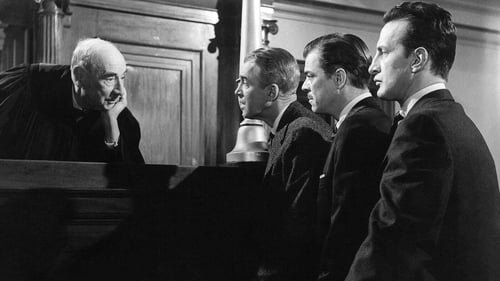
Em um julgamento de assassinato, o advogado do réu alega que ele teve insanidade temporária, depois que a vítima estuprou sua esposa. Qual é a verdade?

Footloose In NYC gives the viewer the whole Earthworks experience with live concert footage as well as exclusive interviews and backstage footage.

Robert Mugge filmed jazz great Sun Ra on location in Philadelphia, Baltimore, and Washington, D.C. between 1978 and 1980. The resulting 60-minute film includes multiple public and private performances, poetry readings, a band rehearsal, interviews, and extensive improvisations. Transferred to HD from the original 16mm film and lovingly restored for the best possible viewing experience.
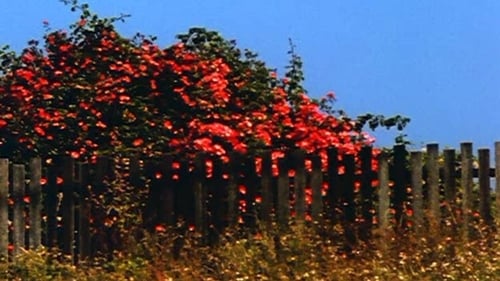
The film is made up of one single take. The camera pans to the left, focusing on a dilapidated fence in a rural field, as Ella Fitzgerald's "All My Life" plays on the soundtrack. At the end of the 3 minute film, the camera tilts up to the blue sky just as the song ends.
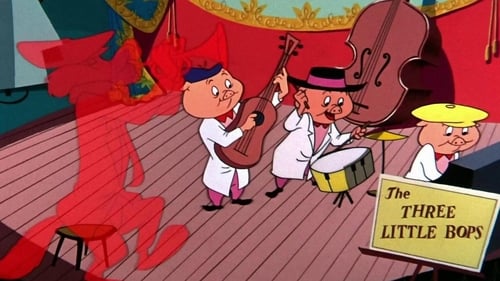
Three hip, Little Pigs are travelling entertainers, moving from straw to wood, to brick nightclubs, playing swinging tunes for high-class, "with it" crowds, but an uncool Big Bad Wolf keeps intruding on their act with with his "corny horn" and uses it to blow their nightclubs down when they throw him out- until they are playing in their brick club and the Wolf tries a more drastic, explosive method for destroying the "House of Bricks".

After charging through "One More Time," "Wild West," and "You Can't Get What You Want (Until You Know What You Want)" at a punishing clip, one might expect the soft-spoken Joe Jackson to shift to a lower gear. Instead, the one-time musical prodigy, pub band pioneer, and now eclectic composer revisits one of his even faster, earlier hits, "On Your Radio." If most performers risk monotony with such a move, Jackson's quiet charisma in this 1986 performance encourages pleasurable surrender and, in his more mature material, careful attention to his uniquely marbled tones, rhythms, and colors. Steeped in the influences of swing, Latin music, classical composition, and melodic balladry, Jackson is full of mix-and-match surprises, such as a delicate re-imagining of "Steppin' Out" and a growling, funky "Soul Kiss." This is a pure delight, from start to finish. Special features could be more special, however: a Jackson discography would have made sense with such a far-reaching playlist
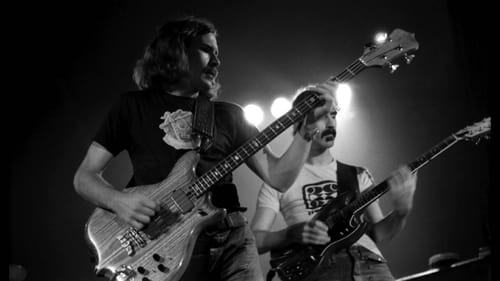
This episode focuses on Zappa's early 70s albums, Overnight Sensation (1973) and Apostrophy (') (1974). Together they encapsulate Zappa's extraordinary musical diversity and were also the 2 most commercially successful albums that he released in his prolific career. Included are interviews, musical demonstrations, rare archive & home movie footage, plus live performances to tell the story behind the conception and recording of these groundbreaking albums. Extras include additional interviews and demonstrations not included in the broadcast version, 2 full performances from the Roxy in 1973 and Saturday Night Live in 1976, and new full live performance done specially for these Classic Albums.
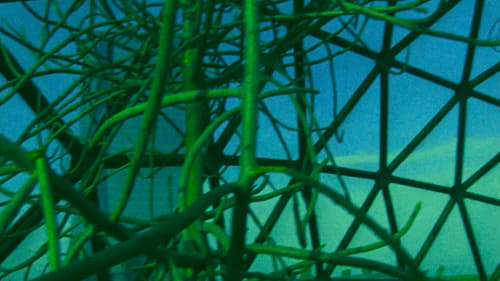
Shirley Clarke's frenetic documentary about multi-talented musician Ornette Coleman.
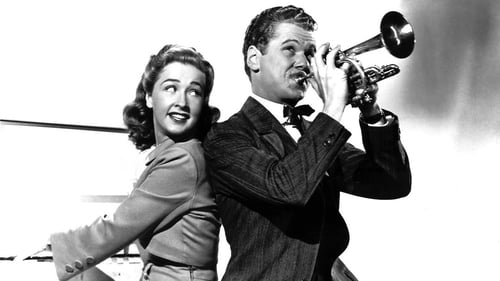
A young trumpeter rises through the jazz world and finds love.

A film without a beginning or an end, Moment to Moment is a rush of curious sketches, scenes, and shots that takes on a rhythmic life of its own.
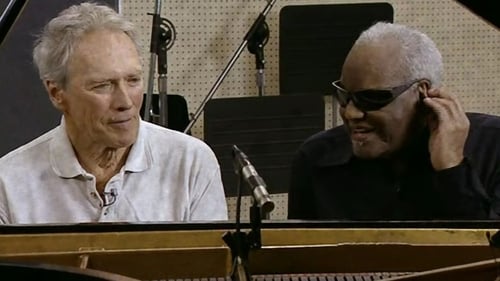
Director — and piano player — Clint Eastwood explores his life-long passion for piano blues, using a treasure trove of rare historical footage in addition to interviews and performances by such living legends as Pinetop Perkins and Jay McShann, as well as Dave Brubeck and Marcia Ball.

A documentary on the late French jazz pianist.
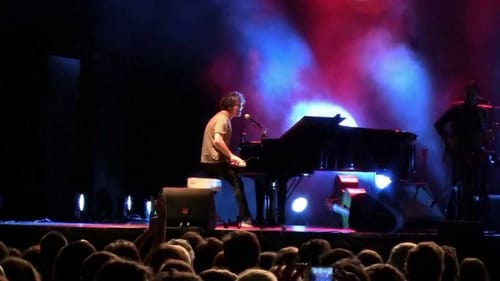
Jamie Cullum's live concert from Blenheim Palace in Oxfordshire, England, along with tour footage and interviews taken from his travels in the U.S., and footage from his performance at the Glastonbury Festival in the U.K.
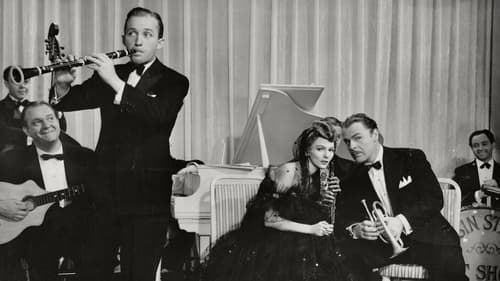
Jeff grows up near Basin Street in New Orleans, playing his clarinet with the dock workers. He puts together a band, the Basin Street Hot-Shots, which includes a cornet player, Memphis. They struggle to get their jazz music accepted by the cafe society of the city. Betty Lou joins their band as a singer and gets Louie to show her how to do scat singing. Memphis and Jeff both fall in love with Betty Lou.
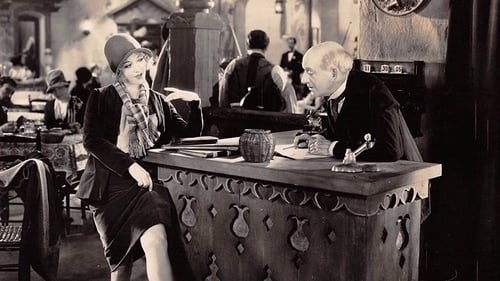
A homeless and destitute violinist joins a combo to bring it success, but has problems with her love life.
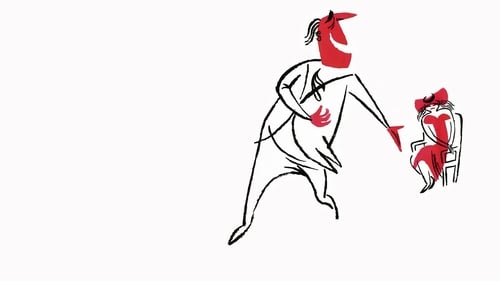
The story of Frankie and Johnny: Frankie walks into a bar, where she catches her boyfriend Johnny with the sensuous Nellie Bly and kills him in a fit of jealousy.

Jazz Icons: Cannonball Adderley boasts two beautifully filmed concerts from one of the most celebrated sextets in jazz history, captured at the top of their game. Cannonball Adderley (alto sax), Nat Adderley (cornet) and the masterful Yusef Lateef (tenor sax, flute, oboe), provide a massive three-horn frontline attack, while the stellar rhythm section featuring a pre-Weather Report Joe Zawinul (piano), Sam Jones (bass) and Louis Hayes (drums) fuel the songs with a deep infectious swing. Quincy Jones’ “Jessica’s Day” leaps from the gate with a huge “big band” sound that is extraordinary for only six musicians. This DVD is a reminder that Cannonball Adderley was one of the most outstanding and highly respected alto saxophonists in the history of jazz, a blues-based jazzman who could play anything in superb fashion.

